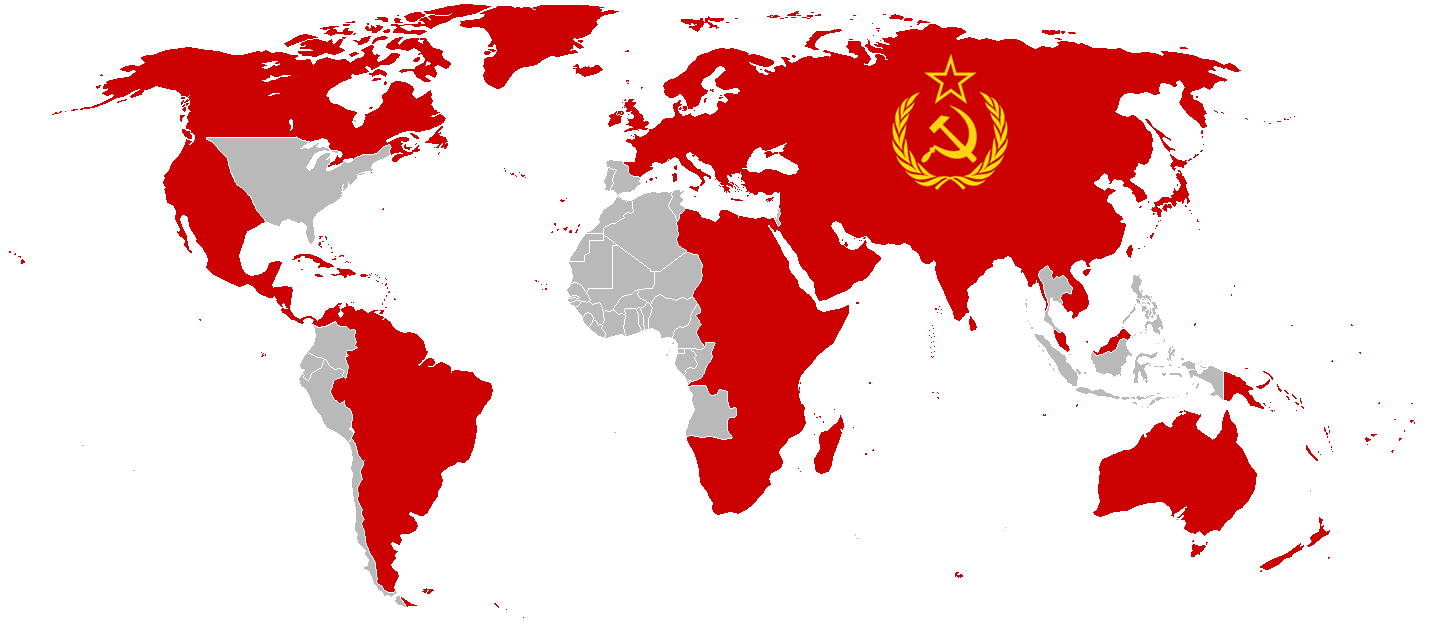There is undoubtedly a ton of socialist history regarding the promulgation and study of Esperanto.
https://en.prolewiki.org/wiki/Esperanto
It does not seem like it is nearly as popular as it once was, but there are examples of it being used and even celebrated in Cuba, China, and the DPRK.
I adore the idea of a lingua universalis. I am also aware of many of the criticisms of Esperanto, from its ostensible Eurocentricity to its difficulty with escaping unnecessarily gendered language.
Is there much use in learning it, outside of personal interest or as a hobby? Do you think that there are Esperantist movements large enough to justify learning it? Enough speakers?
If you want a serious answer, no, I don’t think it’s worth it.
Learning Esperanto means you learn one of the very first attempts to make a universal language from scratch (first doesn’t mean good), a very eurocentric language as its critics have put it, and you basically sell your soul to the Akademio, the entity regulating Esperanto. I don’t see anything to gain from that.
The fact that communist countries have a history with it and celebrate it seems to be for different reasons. For example, the USSR once tried to use Esperanto because for them it was better than using English, which was the language the USA were pushing forward, a country that used capitalism as its model. Not to mention that at the time, there wasn’t wider knowledge of which languages were better than Esperanto, the popular “universal language”; it’s no wonder things happened this way.
deleted by creator
deleted by creator
Iirc, back when I was interested in learning Esperanto, one of the criticisms I saw was that it’s very Eurocentric in its design. It strives to be a “universal language” but is very obviously rooted in Romance language. However, conversely, I remember seeing the argument that learning Esperanto for a second language is comparable to learning the recorder for music: it’s not so much that you will use the skill in Esperanto, but more you will use the skill in language-learning to more easily learn other languages.
Personally, I think Esperanto is pretty neat, especially conceptually, but probably not too practical unless you’re involved in the Esperanto movement and committed to it. I believe there are people raised to speak it natively, and there is a sizable international community. It could still catch on, given the right spotlight.
I’m not entirely sure of the scientific backing of that claim, but I heard that the current way of learning languages by studying them made it unnecessarily hard. On the contrary learning languages by immersing yourself like a child would could actually be the best way to learn languages.
If that’s true then Esperanto would actually be a harder language to learn since you can’t really fully immerse yourself, there are no native speaking communities or anything.
Also the reflection of ancient culture in languages is a beautiful thing to discover, an aspect that is absent from Esperanto
Still, could be practical if a lot of people knew it, and would still be the easiest if language immersion turned out to be not as good as its defenders say
in other words there is no reason to study any con lang?
there is no reason to study any con lang?
It can be interesting from a linguistic perspective, particularly ones that are different from natural languages, but if we’re talking 1000+ hour study or something, it probably would have been better use of time to learn Chinese or something
There are in fact large Esperanto communities, but they are very segregated from conlanging communities, because Esperanto is one of the most hated conlangs. Esperanto was very overhyped when it first came out. Because it has many haters and it’s overall a pretty mid conlang , I wouldn’t recommend learning it. If you want to be understood in many places, you should rather learn a popular natural language like Mandarin. If you want to be in the conlang community, then learn toki pona.
Maybe this is a little bit of a cop-out, but I say if you want to learn a language, whether it has a massive community of speakers, small isolated enclaves of speakers, or none at all, you should go ahead and learn it. There’s no real downside unless you factor in the opportunity cost, that being you could have learned another, more “useful” language in the meantime, but would you have done so? Probably not, right? So go ahead and do whatever pleases.
Concerning lingua universalis, I’m not sure if something like that is possible or even desirable. And I’m not sure hand-wringing over “gendered language” or Eurocentricity are worth your trouble either. These are incidental aspects of language, constructed or not. Just my two cents.







